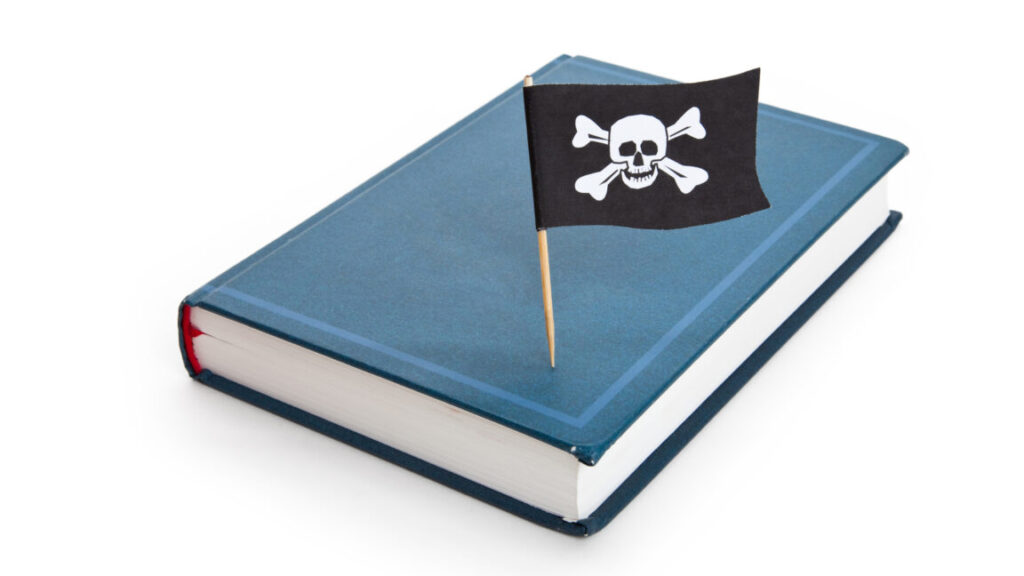Judge: Pirate libraries may have profited from Meta torrenting 80TB of books
It could certainly look worse for Meta if authors manage to present evidence supporting the second way that torrenting could be relevant to the case, Chhabaria suggested.
“Meta downloading copyrighted material from shadow libraries” would also be relevant to the character of the use, “if it benefitted those who created the libraries and thus supported and perpetuated their unauthorized copying and distribution of copyrighted works,” Chhabria wrote.
Counting potential strikes against Meta, Chhabria pointed out that the “vast majority of cases” involving “this sort of peer-to-peer file-sharing” are found to “constitute copyright infringement.” And it likely doesn’t help Meta’s case that “some of the libraries Meta used have themselves been found liable for infringement.”
However, Meta may overcome this argument, too, since book authors “have not submitted any evidence” that potentially shows how Meta’s downloading may perhaps be “propping up” or financially benefiting pirate libraries.
Finally, Chhabria noted that the “last issue relating to the character of Meta’s use” of books in regards to its torrenting is “the relationship between Meta’s downloading of the plaintiffs’ books and Meta’s use of the books to train Llama.”
Authors had tried to argue that these elements were distinct. But Chhabria said there’s no separating the fact that Meta downloaded the books to serve the “highly transformative” purpose of training Llama.
“Because Meta’s ultimate use of the plaintiffs’ books was transformative, so too was Meta’s downloading of those books,” Chhabria wrote.
AI training rulings may get more authors paid
Authors only learned of Meta’s torrenting through discovery in the lawsuit, and because of that, Chhabria noted that “the record on Meta’s alleged distribution is incomplete.”
It’s possible that authors may be able to show evidence that Meta “contributed to the BitTorrent network” by providing significant computing power that could’ve meaningfully assisted shadow libraries, Chhabria said in a footnote.
Judge: Pirate libraries may have profited from Meta torrenting 80TB of books Read More »

